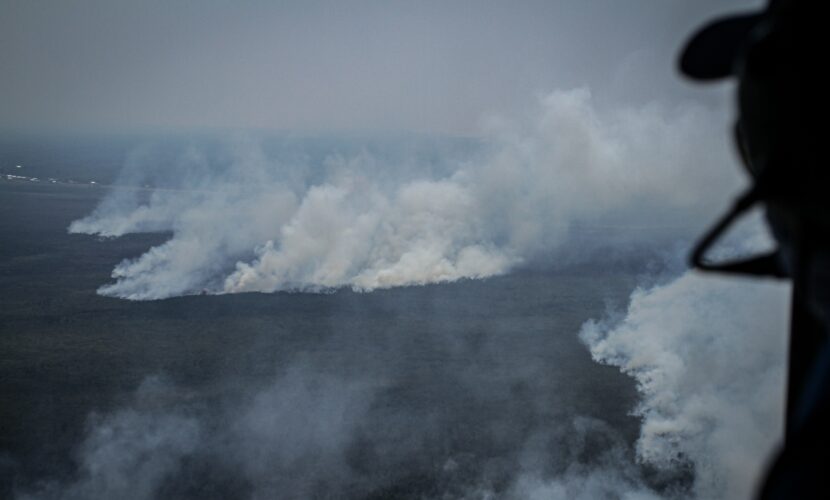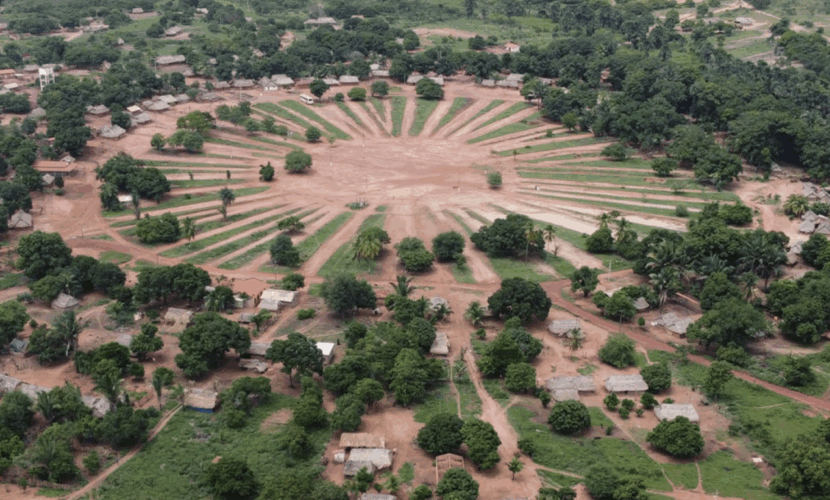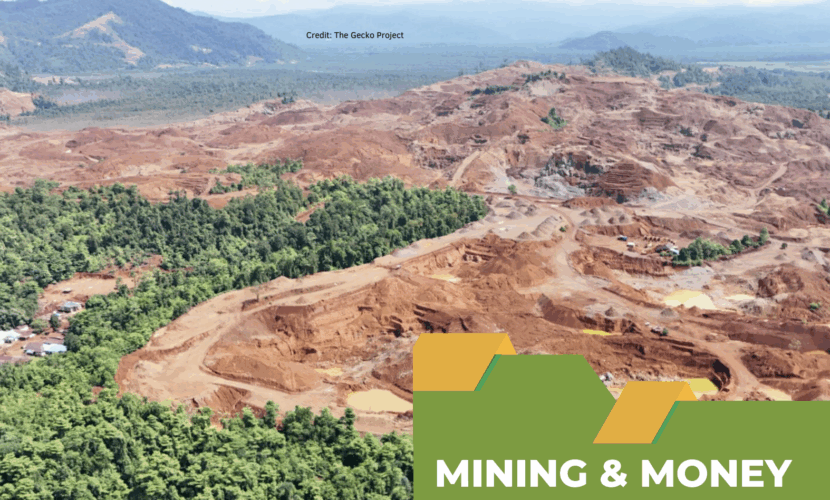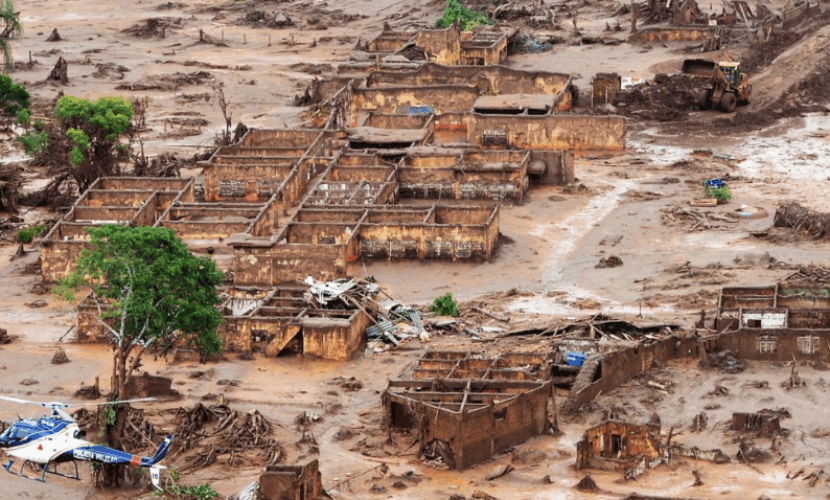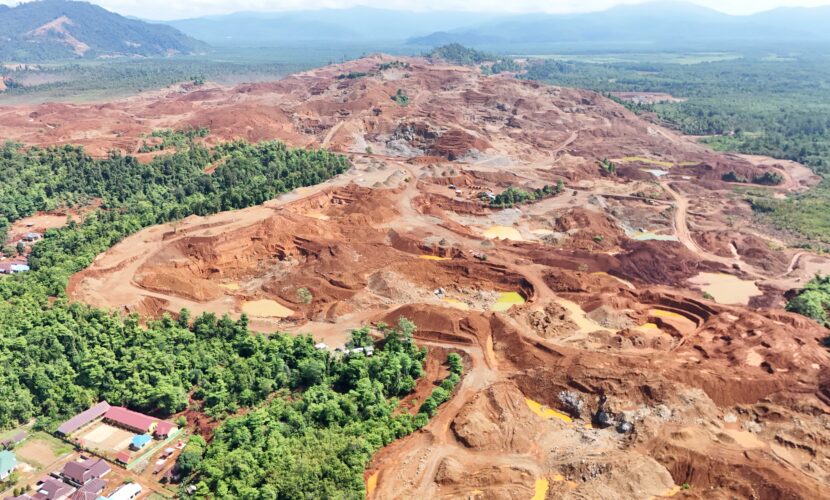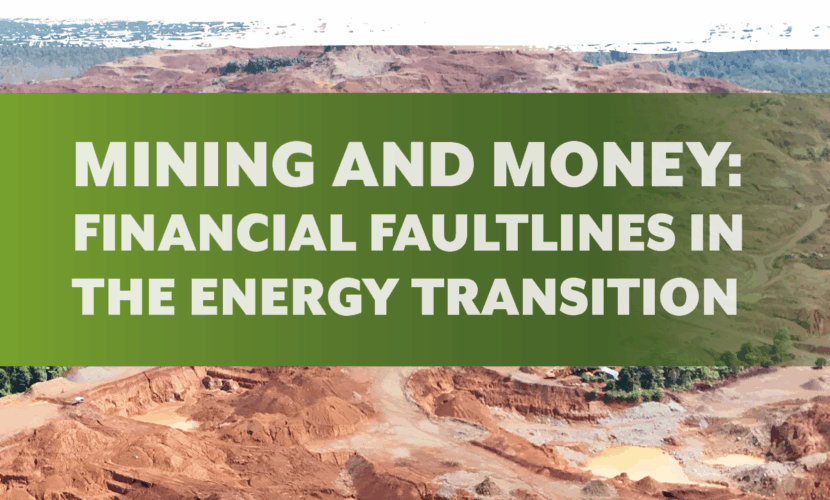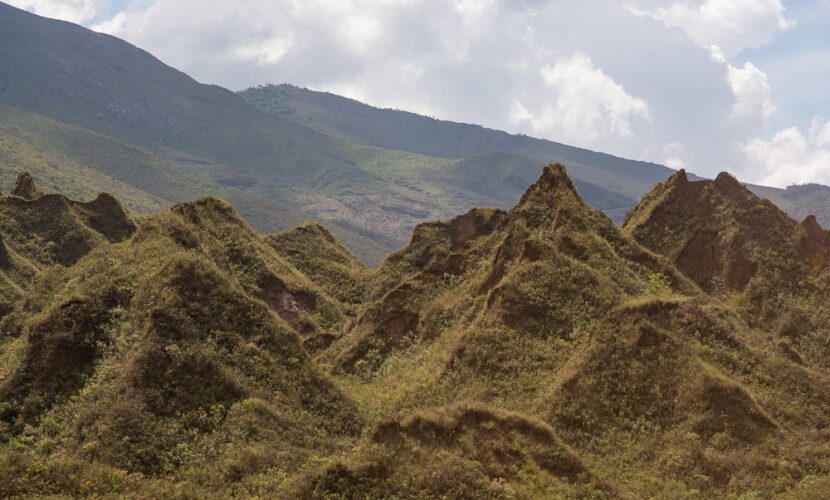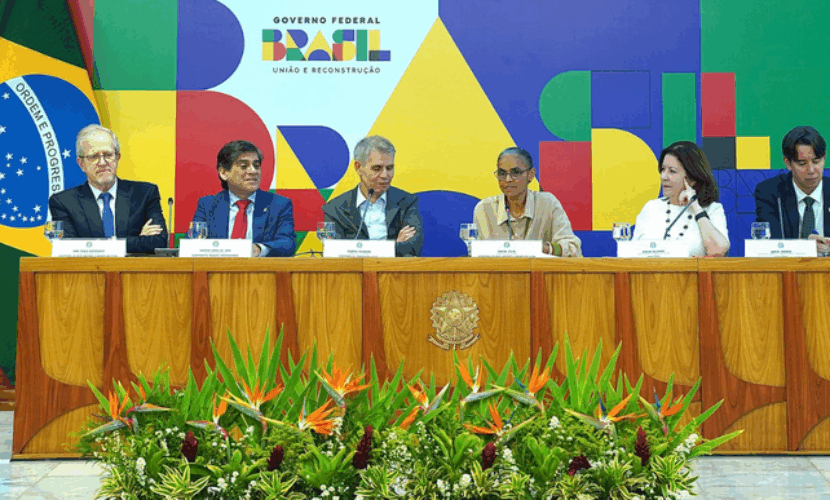News
New complaint against BlackRock over deforestation and human rights abuses
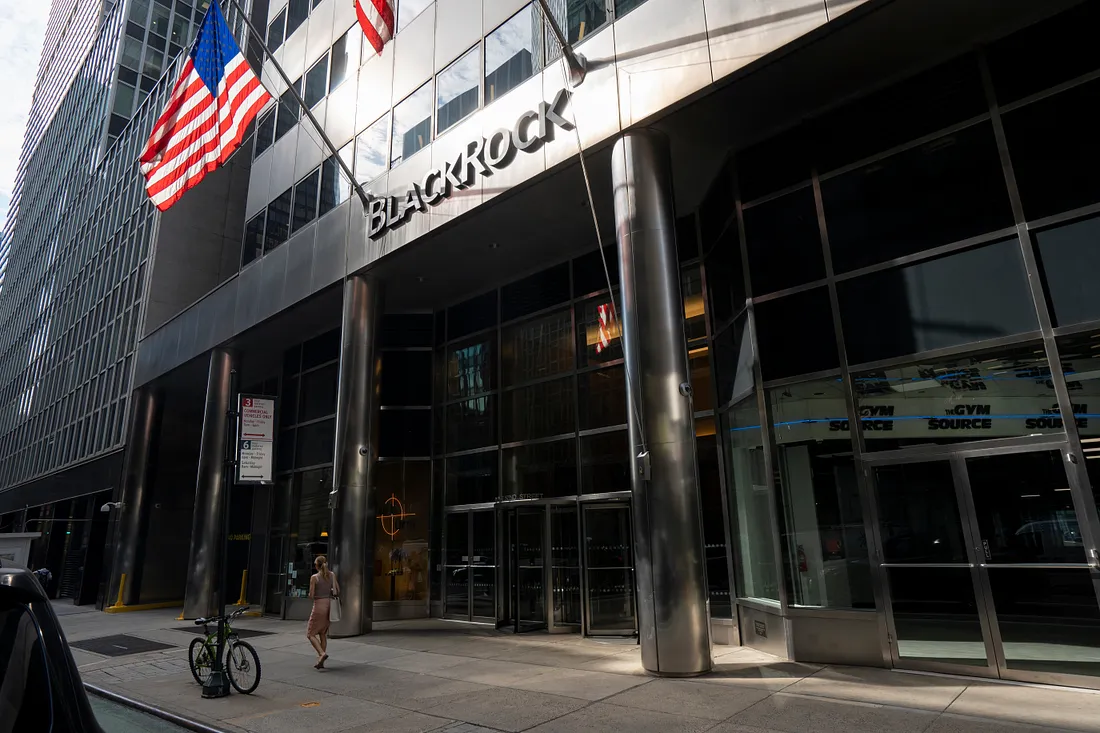
Blog originally published here by Friends of the Earth US
When we consider the tragic increase in deforestation in the last year (16 million acres permanently lost — let alone 10 times that amount degraded from logging, road building and forest fires), or when we call to mind the tragic violence against those defending their land and territory (3,000 human rights defenders killed in the past decade), big agribusiness companies come to mind. And rightfully so: commodity companies like JBS, Bunge, and Astra Agro Lestari are routinely destroying forests and enacting grave retaliation against those who stand up for their rights, including Indigenous Peoples’ rights to Free, Prior and Informed Consent (FPIC).
Another culprit, however, is a step removed from daily operations, but no less guilty: the investors. In this case, BlackRock — the world’s largest asset manager and a top 10-shareholder of at least 20 companies in the palm oil, pulp/paper, soy, cattle, timber and biomass sectors that have evidence of environmental and human rights abuses. BlackRock has invested over $5 billion in these 20 companies, and has actually increased its investments across them by $519 million between 2019–2024.

The money doesn’t lie: BlackRock is responsible for the environmental destruction and human rights abuses resulting from its agribusiness investments.
That’s why we filed a complaint against BlackRock with the National Contact Point (NCP) for Responsible Business Conduct (RBC) at the U.S. State Department. The complaint details how BlackRock has violated the Organization of Economic Cooperation and Development (OECD) Guidelines for how businesses should act in regard to human rights, environmental stewardship and other critical areas of social responsibility. As a set of recommendations from OECD member states to guide businesses in meeting their international human rights obligations, the OECD guidelines serve as an important framework for corporate accountability.
The Articulation of Indigenous Peoples of Brazil (APIB) co-filed with us, uplifting years of their fight against BlackRock’s role in financing companies illegally setting fire to the Amazon and violating communities’ land rights. APIB represents the vast indigenous movement in Brazil and is critical in mobilizing indigenous people against threats and attacks on their rights. Half of the companies named in the complaint operate in Brazil, which in 2023 experienced a 43% increase in deforestation in the Cerrado rainforest just from cattle production by three of the companies included in the complaint; and has been undergoing the most extreme fires in the Brazilian Amazon, with already 5.4 million hectares lost since August.
APIB has reached out to BlackRock many times over the years, requesting to meet (with no follow through on BlackRock’s part), attending BlackRock’s annual shareholding meetings with powerful testimonies, and directly reporting on BlackRock’s complicity in land grabbing and violating indigenous peoples’ land rights in the Amazon. FoE US has also actively sought to ensure BlackRock received and responded to public letters from U.S. Senators, Indigenous and frontline community leaders and numerous public reports (see the timeline below).

Even with the firm’s public statements on the risks of “natural capital,” human rights and climate, BlackRock isn’t measuring up — or even showing how it measures companies’ management or mitigation of these risks, and the consequences companies can expect if they continue to drive deforestation, biodiversity loss, land grabbing and human rights violations.
In their public letter from 2021, APIB calls out BlackRock’s doublespeak and says: “Any company engagement approach or policy that seeks to address biodiversity and deforestation must be centered on upholding the rights of Indigenous peoples; forests are our ancestral homes, and we prove over and over again to be the best stewards of the Amazon, as do our relatives in other parts of the world.” Anything less than that is mere greenwashing — and our friends at ClientEarth just filed a complaint with a French financial regulator on precisely that.
Clearly, BlackRock can’t hide behind any pretense that it’s not aware of what’s happening downstream. Our joint complaint argues a core component of the OECD guidelines: despite awareness, BlackRock has failed to take sufficient action to prevent and mitigate the risks and impacts of its business relationships. Those relationships extend to active investments and index funds including minority shareholdings.
Our complaint builds on years of public pressure calling for BlackRock to stop funding climate destruction and driving violence against Human Rights Defenders. We now wait to hear if the NCP accepts our complaint for mediation under the OECD process. We’re hopeful the process will prompt BlackRock to develop the kinds of policies and accountability mechanisms that the movement has been demanding for too long — and we won’t stop fighting.
